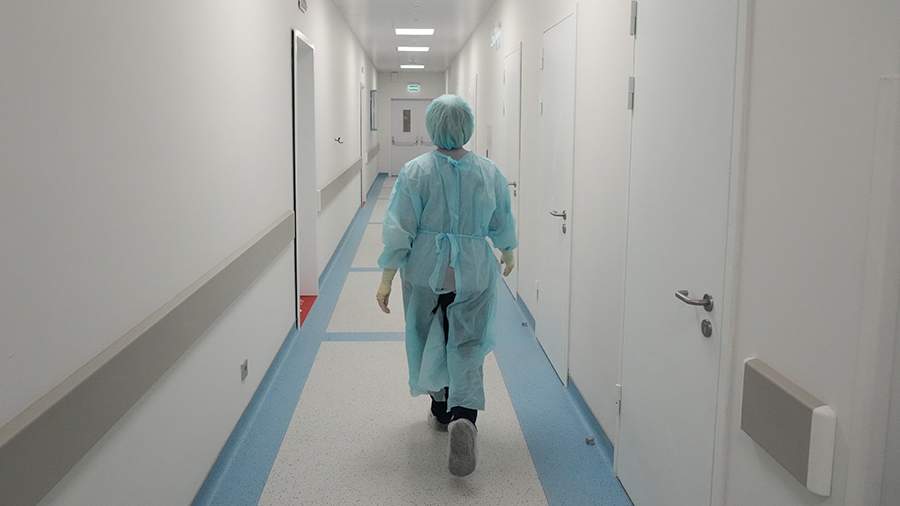A doctor dispelled myths about IVF

Over half a century of IVF technology has resulted in the birth of more than 12 million babies. Throughout this time, their health, development and psycho-emotional state have been the subject of medical research. Yulia Voznesenskaya-Tverdaya, head of the clinic of reproductive and prenatal medicine at the European Medical Center (EMC), told Izvestia on December 8 about the myths associated with IVF.
"The medical community has been researching the health of IVF babies for about 50 years. There are different works: some are devoted to the first year of life, others to health and development up to adulthood. And there are absolutely accurate statistics that say that IVF is not associated with developmental anomalies, behavioral abnormalities, oncology risks," Voznesenskaya-Tverdaya notes.
According to her, myths about IVF procedures have several sources. These are not entirely accurate statements by medical professionals, distortion of information in the media in order to increase the audience, as well as a disturbing image of IVF in the public consciousness, from which it is extremely difficult to get rid of.
"Many participants in IVF programs are embarrassed to talk about how their baby came to be. They don't tell pediatricians, teachers, and sometimes even their close circle because they are afraid of facing prejudice," the doctor said.
According to the specialist, it is necessary to separate information about the health of children and the course of pregnancy in women participating in in vitro fertilization programs. Statistics do show certain risks, for example, women who became mothers through IVF are more likely to experience premature births and cesarean sections. However, this is not directly related to the program. Factors such as a woman's age, a history of reproductive system diseases and a number of other circumstances affect the pregnancy process.
"There are also interesting studies that suggest that IVF children are more likely to be seen by doctors in the first year of life. But even their authors note: this speaks rather not about the poor health of such children, but about the special attitude of the parents. After all, they have been waiting for a baby - they have traveled a long way, filled with emotions and worries. Of course, at first they will be more anxious and more attentive to the child's well-being," the doctor summarized.
In July, the president of the Russian Association of Human Reproduction (RARCH), general director of the International Center for Reproductive Medicine, Professor Vladislav Korsak told Izvestia about the role of IVF in increasing the birth rate. According to him, IVF solves the problem of a particular family, but it is hardly possible to fundamentally reverse the demographic crisis with their help.
Переведено сервисом «Яндекс Переводчик»
